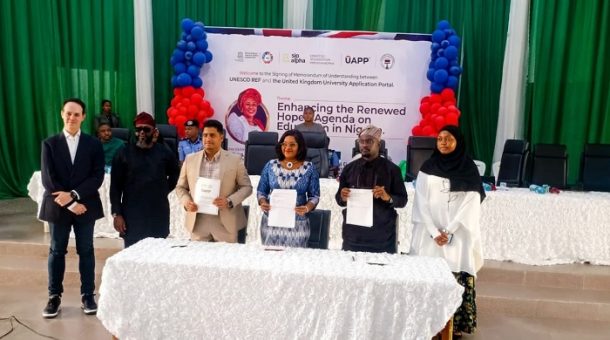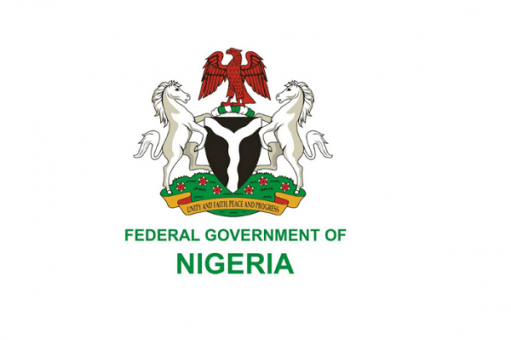
On September 26, 2024, the World Bank approved a substantial financing package of $1.57 billion for Nigeria, focusing on enhancing governance, improving health services, and bolstering climate resilience. This funding marks a key part of the World Bank’s ongoing commitment to supporting Nigeria’s development amid rising external debt concerns.
The financing includes a concessional $500 million International Development Association credit, supplemented by $70 million in grant funding from the Global Financing Facility for Women, Children, and Adolescents. This grant includes contributions of $11 million from the UK Foreign, Commonwealth & Development Office and $12.5 million from the Children’s Investment Foundation Fund. The aim is to close the financing gap for primary and community healthcare, particularly in maternal and newborn care at the hospital level, while ensuring sustainable funding for family planning resources.
In addition to health initiatives, the financing package encompasses the Sustainable Power and Irrigation for Nigeria (SPIN) project. This project aims to enhance dam safety and operations, providing new and improved irrigation and drainage services across 40,000 hectares, which will benefit approximately 950,000 people, including households, farmers, and livestock breeders. The Federal Ministry of Water Resources and Sanitation will oversee the implementation of this initiative.
“The SPIN Program will play a crucial role in protecting citizens from floods and droughts, while also supporting increased agricultural productivity through improved water management,” the World Bank stated. The government plans to develop a master plan for hydropower and establish public-private partnerships for hydropower projects as part of this initiative.
Dr. Ndiamé Diop, World Bank Country Director for Nigeria, highlighted that the approval underscores the Bank’s commitment to addressing the challenges faced by Nigerians, particularly women and girls, in accessing quality services. He stated, “Effective investment in health and education is essential for increasing future employment opportunities and reducing poverty among the most vulnerable populations.”
This financing will significantly contribute to improving the quality and accessibility of services in Nigeria, aiming to foster sustainable development and resilience in the face of complex challenges.
The World Bank has praised the Sustainable Power and Irrigation for Nigeria (SPIN) program, describing it as a timely initiative that will protect Nigerians from floods and droughts while increasing hydropower generation. The program is expected to have a significant positive impact on the livelihoods of people in the areas it will serve. “The World Bank is pleased to work with the government and other stakeholders to deliver this program,” officials stated.
Additionally, the World Bank is set to approve another loan request worth $500 million by December 16, 2024, for the Rural Access and Agricultural Marketing Project – Scale Up.
Earlier, on June 13, the World Bank announced two major loan approvals totaling $2.25 billion aimed at enhancing Nigeria’s economic stability and supporting vulnerable populations. This package includes the $1.5 billion Nigeria Reforms for Economic Stabilization to Enable Transformation Development Policy Financing Program and the $750 million Nigeria Accelerating Resource Mobilization Reforms Program-for-Results.
As part of these efforts, the World Bank has already disbursed $751.88 million of the $1.5 billion allocated for economic stabilization reforms. In total, six loan projects have been approved, covering various sectors: power ($750 million), women empowerment ($500 million), girls’ education ($700 million), renewable energy ($750 million), economic stabilization reforms ($1.5 billion), and resource mobilization reforms ($750 million).
According to the Debt Management Office, Nigeria’s external debt to the World Bank stands at $15.59 billion as of March 31, 2024. This ongoing partnership underscores the World Bank’s commitment to supporting Nigeria’s development objectives amidst complex economic challenges.





